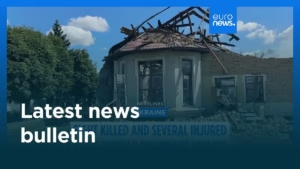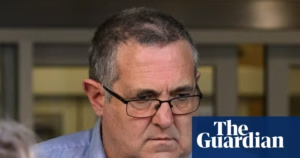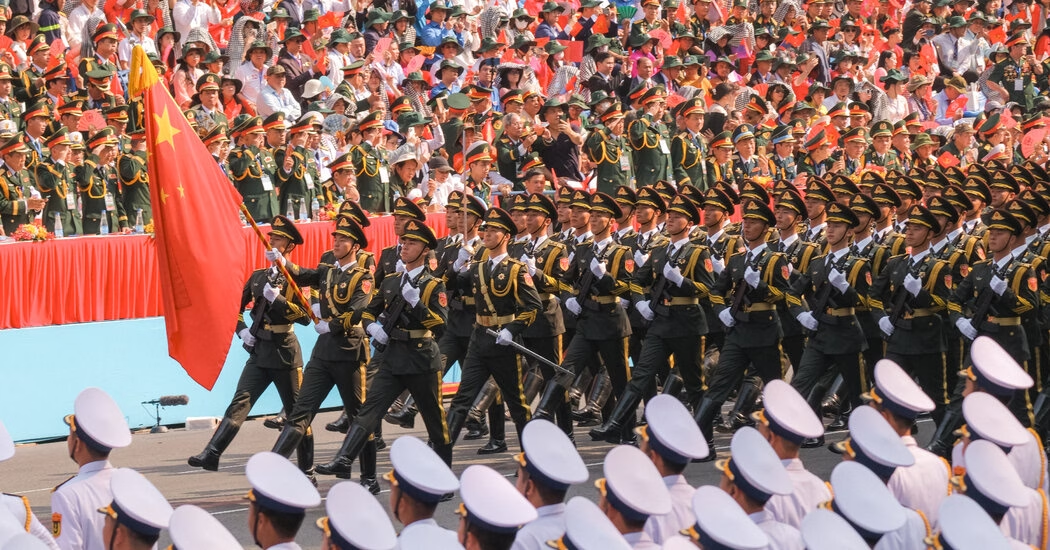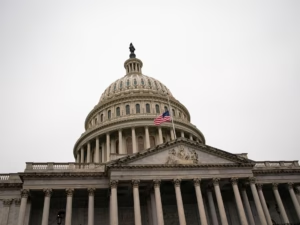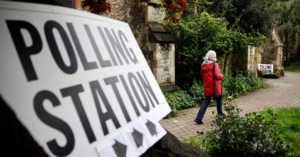Fifty years ago, my father, an American war reporter, crossed into the U.S. Embassy in Saigon and boarded a helicopter that took off from the rooftop of the mission. Reflecting on his departure from the city, he commented in the Chicago Daily News that the closing of the helicopter door symbolized the end of the most humiliating chapter in American history. Believing in the domino theory, my father foresaw how a domino effect of Communism might engulf Asia. A veteran of World War II, he authored a book titled ‘Not Without the Americans’ – a title that now seems outdated as Asia moves forward with a new great power, China.
Beijing’s influence is significant, ranging from the South China Sea, where military bases are constructed on reclaimed coral reefs, to Nepal, where Chinese goods flood markets via Chinese-built roads.
However, the United States under President Trump has seen a shift in its approach towards Asia. Tariffs have been contentious, American diplomacy has been weakened, and aid programs for Asia were dismantled, marking a withdrawal not driven by force. When Myanmar was hit by an earthquake, the U.S. response lagged behind China’s. This has led to questions about America’s reliability and purpose.
Still, Asian countries like Cambodia maintain a complicated relationship with the U.S. Although they turn to China for economic and military assistance, there remains a lingering respect for American ideals and democratic values.
Pham Xuan An, a former reporting colleague of my father, shared with me stories of their time together. Despite their ideological differences and Uncle An’s espionage role, he, too, harbored a complex affection for Americans – a testament to the enduring power of American democratic ideals abroad.
Source: https://www.nytimes.com/2025/05/01/world/asia/vietnam-america-asia-retreat.html


